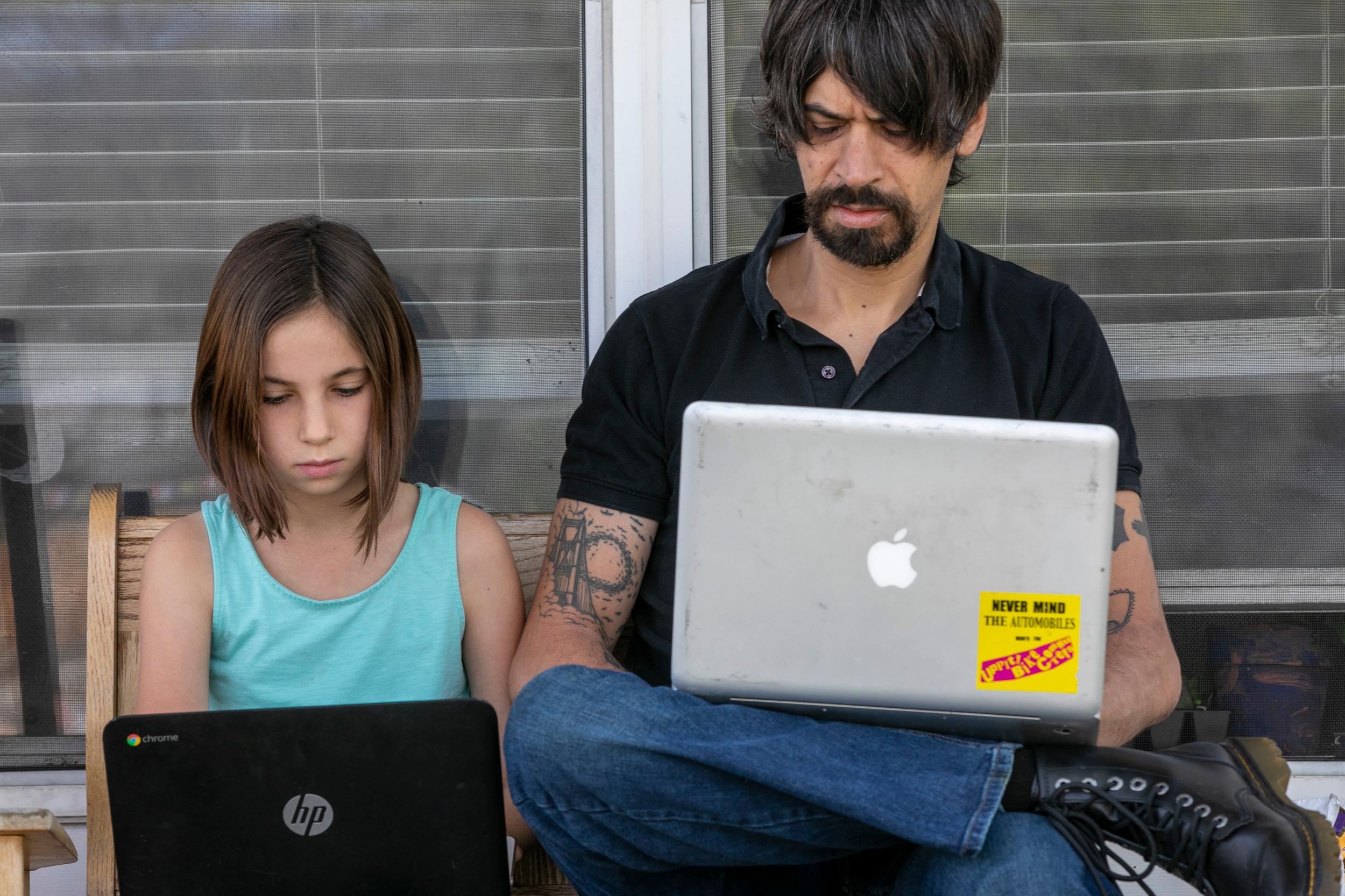
Thanksgiving Break is over and many Colorado students are back in school — from makeshift classrooms in their homes.
It’s a tough thing for kids who’re stuck in front of their screens all day, for parents trying to help them, and for teachers.
Educational consultant Rosalind Wiseman of Boulder offers tips on navigating the emotional landmines of remote learning in her new book, “The Distance Learning Playbook for Parents.”
What parents should expect of themselves right now.
“Sanity ... and patience for ourselves and for our children. A dash, a combination of self-compassion is really important.”
Parents don't have to be teachers.
Work on keeping your student’s creativity and love of learning alive.
Don’t compare your family to others.
Even before the pandemic parents went overboard with social media posts that made their families look perfect and made their kids worry about matching the myth. Work on strengthening your relationship with your children, managing your own emotions and helping them manage theirs.
Your kids are worried about you.
They may try and shield you from their problems. Sit your child down, acknowledge how tough things are for everybody and let them know you’re always there for them. Don't be too intense with them though, because that can be scary.
Give teachers grace, and hold them accountable.
Like everybody, teachers are struggling “so there's a little bit of grace that we want to give teachers, and there's a line between holding grace for people and holding them accountable when your child is learning is suffering and when they're disengaging or when they feel incredibly frustrated. "
Get as much information as you can before you think the worst of the teacher and don't let your child know if there's a disagreement.
Take a break from family.
Parents should make a point of communicating with somebody other than their spouse and kids at least once a day.
Help your child feel less self-conscious.
Their faces are on screen all day and kids, especially at middle school age, worry a lot about how they look. Help them set a routine so they take care of their appearance in the morning and feel good about themselves.









